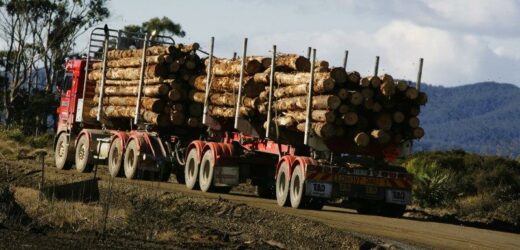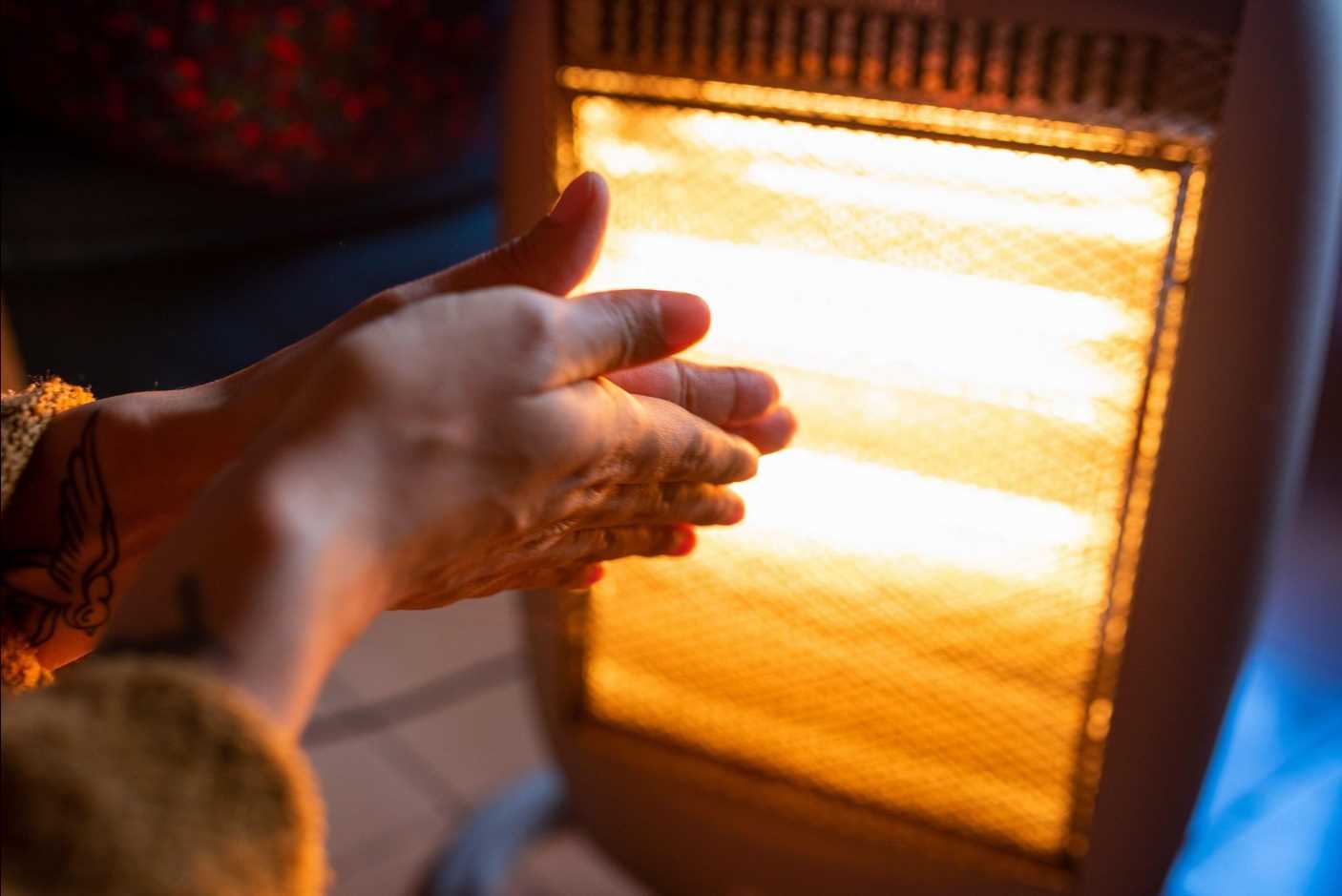Japanese paper giant Nippon will close Australia’s last white paper plant, meaning 200 jobs will be lost at the Maryvale mill and native forest logging in Victoria could end sooner than scheduled.
The Japanese paper company’s Australian subsidiary, Opal, was one of a few remaining major customers of the state’s native timber industry, which is scheduled to close by 2030, with logging reduced from 2024.
Japanese paper giant Nippon says it has difficulty procuring native timber after VicForests was issued with a number of court orders for breaching environmental rules.Credit:Jessica Shapiro
In a statement on its website, Nippon said the company would withdraw from the graphic paper business – including paperboard, kraft paper, graphic paper, corrugated board and folding cartons – in Australia and New Zealand.
Opal’s Maryvale mill sold graphic paper, paperboard and kraft paper. It sources eucalyptus wood produced in Victoria’s state-owned forests as the raw material for bleached pulp – the main ingredient of graphic paper – from the state-owned logging agency VicForests.
In its statement, Nippon noted that in November last year, the Supreme Court of Victoria issued court orders against VicForests that limited its ability to continue its native timber operations, making it impossible for Opal to procure eucalyptus wood from VicForests.
“In response to this sudden and unexpected suspension of supply, the company and Opal has been considering alternative wood supplies in order to continue graphic paper operations, but has concluded that alternative procurement is not feasible and has decided to discontinue the graphic paper business at the Maryvale mill,” the statement says.
The 220,000-tonne M5 paper machine at Opal’s Maryvale mill will be discontinued this year, and the withdrawal from the graphic paper business means Nippon is expected record approximately $20 billion JPY [$215 million AUD] in the 2023 financial year as an impairment loss on fixed assets, Nippon said.
After withdrawing from the graphic paper business, Opal will focus on its packaging business, which is expected to grow, and transition the mill into a sustainable packaging paper mill, the company said.
There has been speculation about the likely closure of the white paper plant, with state government and union sources braced for the closure and citing a lack of native timber supply from VicForests.
In 2019, the Andrews government announced it would phase out native timber harvesting by 2030, with a reduction in logging from 2024. Since then, environmentalists have taken VicForests to court more than a dozen times over allegations it has breached state logging laws.
Court rulings have prohibited the agency from logging native coupes without adequate wildlife surveying, which VicForests says has effectively blocked the supply of native hardwood timbers.
In a landmark case in November, Victoria’s Supreme Court found the agency had failed to adequately survey for endangered greater glider possums before logging, with its timber-harvesting operations in East Gippsland and the Central Highlands a threat of “serious or irreversible harm” to the gliders. VicForests is appealing that decision.
In the past financial year, VicForests recorded an unprecedented $52.4 million financial loss, which it blamed on the cost of court cases. The figure is significantly higher than the previous year’s loss of $4.7 million.
The Victorian Greens have urged Premier Daniel Andrews to cease all native forest logging in Victoria.
“We simply shouldn’t make paper out of endangered species habitat, but the Maryvale mill closure shows the complete failure of the Victorian Labor government on logging,” said Greens deputy leader Ellen Sandell.
“They could have brought forward an orderly transition out of logging to protect workers, but chose not to.”
The Maryvale mill, which opened in 1937, is the last producer of white paper in Australia – including for office use, exercise books and envelopes – and one of a few remaining major customers for VicForests’ native timber. It is the Latrobe Valley’s largest private employer.
If white paper production ends, about 200 jobs would be lost out of a total Maryvale workforce of 1000.
The state government is covering the cost of the wages of workers stood down by Opal and will continue to pay them until mid-February.
More to come
Get to the heart of what’s happening with climate change and the environment. Our fortnightly Environment newsletter brings you the news, the issues and the solutions. Sign up here.
Most Viewed in Environment
From our partners
Source: Read Full Article



